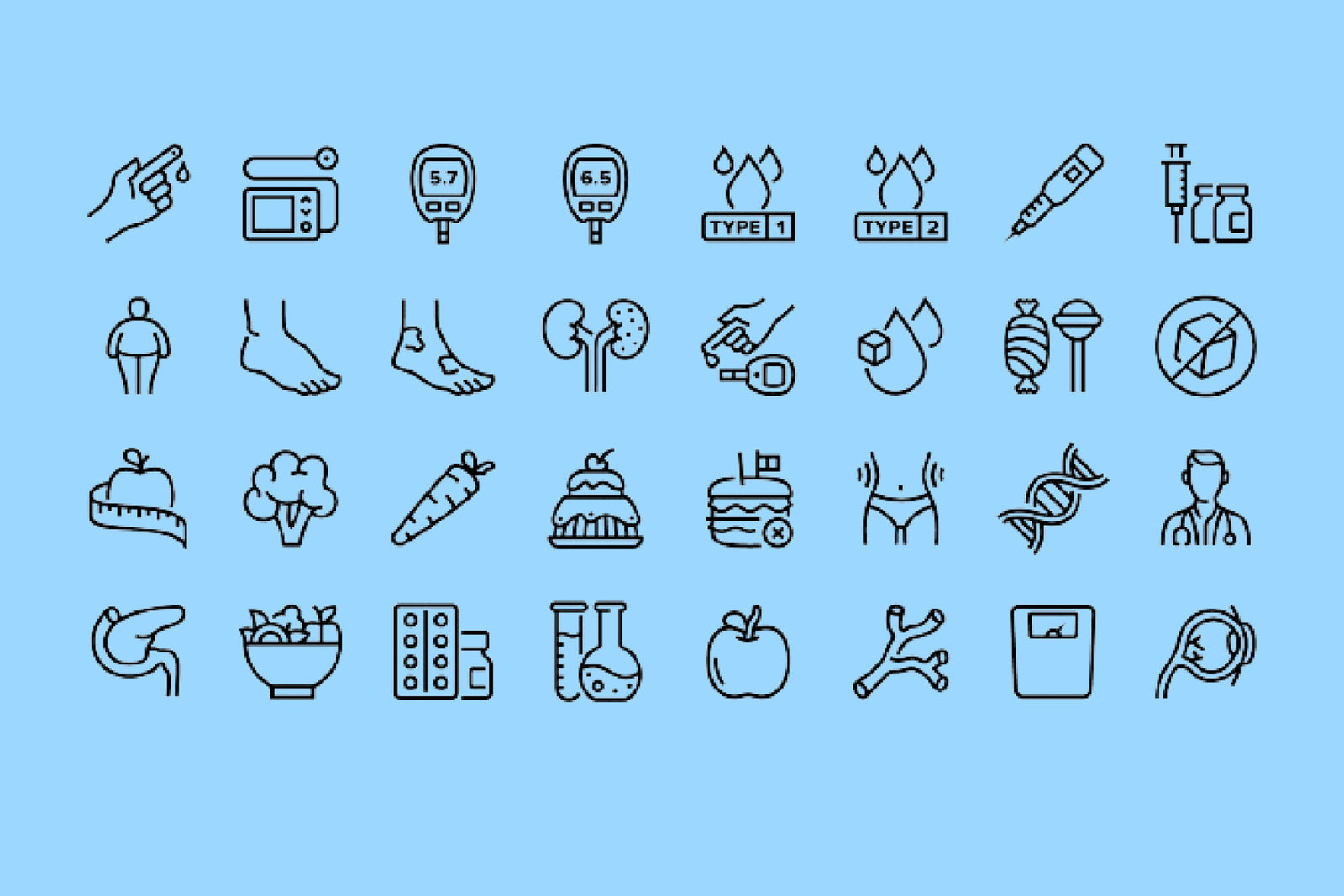Understanding Your ABCG8 Result and Gallstone Risk
Gallstones are hard deposits that form in the gallbladder when bile contains too much cholesterol and crystals form. The ABCG8 gene plays an important role in how cholesterol is transported from the liver into bile. Certain variations in this gene can increase cholesterol secretion into bile, which can raise the risk of gallstone formation. Below is an easy to understand explanation of what the gene does, how different genotypes affect risk, and practical steps you can take to support gallbladder health.
How ABCG8 Affects Gallstone Formation
ABCG8 works with a partner protein to move cholesterol out of liver cells and into bile. When too much cholesterol is secreted into bile, bile can become oversaturated and unable to keep cholesterol dissolved. Small cholesterol crystals can form and then grow into gallstones. Your ABCG8 genotype can change how much cholesterol is moved into bile and therefore influence your predisposition to cholesterol gallstones.
Everyday Choices That Help Reduce Gallstone Risk
- Eat a balanced, fiber-rich diet: Aim for plenty of fruits, vegetables, legumes, and whole grains. Fiber helps regulate cholesterol and supports healthy bile composition.
- Choose healthy fats: Include sources of monounsaturated and polyunsaturated fats such as olive oil, nuts, seeds, and fatty fish to help maintain healthy cholesterol levels. Omega-3 fats from fish or a supplement can be beneficial.
- Limit saturated fats and refined sugars: Reduce red and processed meats, full-fat dairy, fried foods, and sugary snacks and beverages that can raise cholesterol and promote bile imbalance.
- Maintain a healthy, steady weight: Excess body weight increases gallstone risk, but avoid very rapid weight loss. Aim for gradual, sustainable weight loss when needed.
- Stay hydrated and avoid prolonged fasting: Regular meals and adequate fluids support healthy bile flow and reduce the likelihood of crystal formation.
- Be physically active: Regular moderate exercise helps maintain healthy weight and improves metabolic health.
Supplements and Tests to Consider
- Omega-3 supplements: May support healthy liver and cholesterol metabolism. Speak with your healthcare provider about dose and suitability.
- Vitamin C: Adequate vitamin C supports bile acid synthesis. Use supplements only when needed and under provider guidance.
- Lipid panel: Periodic blood tests to monitor total cholesterol, LDL, HDL, and triglycerides can guide dietary and medical decisions.
- Consult for imaging: If you have symptoms (right upper abdominal pain, nausea after fatty meals, jaundice), your provider may recommend an ultrasound to check for gallstones.
When to Talk with Your Healthcare Provider
- Severe or persistent right upper abdominal pain
- Fever, yellowing of the skin or eyes, or dark urine
- Rapid weight loss or bariatric surgery planning
- Questions about taking supplements or making major diet changes
2 effect alleles (CC genotype) — Increased risk
You have two copies of the effect allele (CC) at rs11887534. This genotype is associated with a higher risk of cholesterol gallstones. Your ABCG8 variant increases cholesterol secretion into bile. When bile becomes oversaturated, cholesterol can crystallize and form gallstones. This genetic predisposition can interact with diet, weight, hormones, and other factors to affect overall risk.
Practical steps for people with this result include:
- Prioritize a high fiber diet with fruits, vegetables, legumes, and whole grains.
- Limit saturated fats and refined sugars. Choose lean proteins and plant-based fats.
- Include healthy fats such as fatty fish and small amounts of nuts and olive oil.
- Aim for gradual weight loss if overweight, targeting about 0.5 to 1 pound per week.
- Avoid prolonged fasting and extreme low calorie diets that increase gallstone risk.
- Stay well hydrated and exercise regularly.
- Discuss omega-3 supplementation or other targeted nutrients with your provider.
1 effect allele (CG genotype) — Likely increased risk
You carry one copy of the effect allele (CG) at rs11887534. This genotype is associated with a likely increased risk for cholesterol gallstones. Your ABCG8 variant may increase cholesterol secretion into bile, making bile more prone to forming crystals. This outcome is influenced by diet, body weight, hormones, and other genes.
Recommended actions:
- Follow a fiber-rich, balanced diet high in fruits, vegetables, and whole grains.
- Limit saturated fats, processed foods, and added sugars.
- Maintain a steady, healthy weight and avoid crash diets or prolonged fasting.
- Include omega-3 rich foods such as salmon, sardines, or flaxseed, or discuss supplements with your provider.
- Consider regular lipid monitoring to check cholesterol and triglyceride levels.
0 effect alleles (GG genotype) — Typical risk
You have two copies of the non-effect allele (GG) at rs11887534. This genotype suggests typical cholesterol transport into bile through the ABCG8 pathway and no increased risk from this specific variant. That does not mean you are free of gallstone risk. Diet, weight, hormones, other genes, and health conditions can still influence gallstone formation.
Practical guidance remains similar to the other genotypes to support gallbladder health:
- Eat a balanced, fiber-forward diet and choose healthy fats.
- Limit saturated fats and refined sugars.
- Maintain a healthy weight and stay active.
- Avoid rapid weight loss and prolonged fasting.
- Seek medical evaluation if you have symptoms suggestive of gallstones.
Key Takeaways
- ABCG8 helps move cholesterol into bile. Certain variants can increase cholesterol secretion and raise gallstone risk.
- Your genotype at rs11887534 can influence this risk but is only one factor among lifestyle, hormonal, and other genetic contributors.
- Dietary choices, steady weight management, hydration, and regular activity can reduce the risk of gallstones and support overall gallbladder health.
PlexusDx does not provide medical advice. This information is educational and based on genetic predispositions only. Always consult your healthcare provider before making changes to your diet, supplements, medications, or exercise routine, or if you have concerns about symptoms or testing related to gallstones.

Share:
GALLSTONES | ABCG8 (rs6756629)
GALLSTONES | ABCG8 (rs6756629)